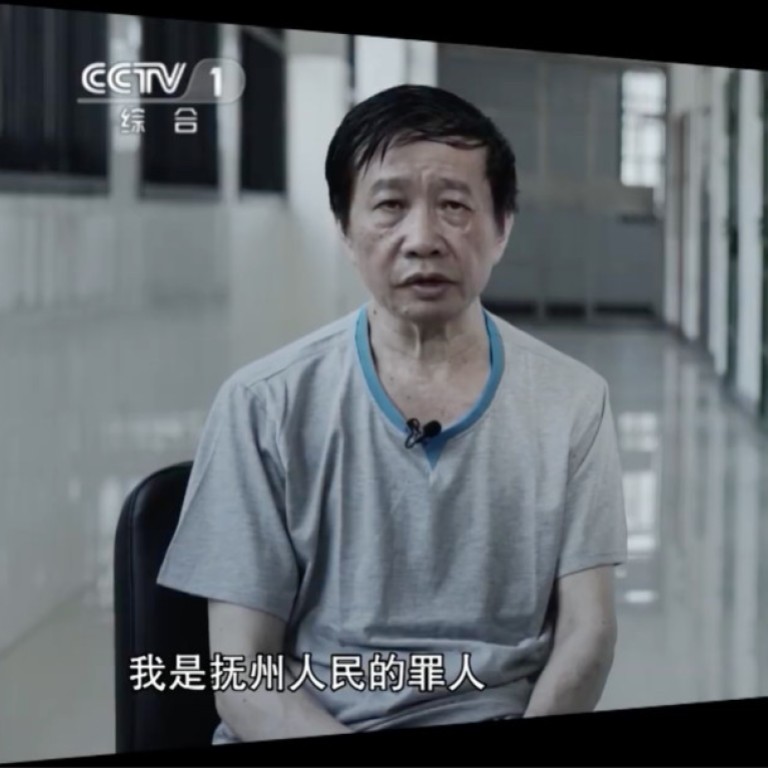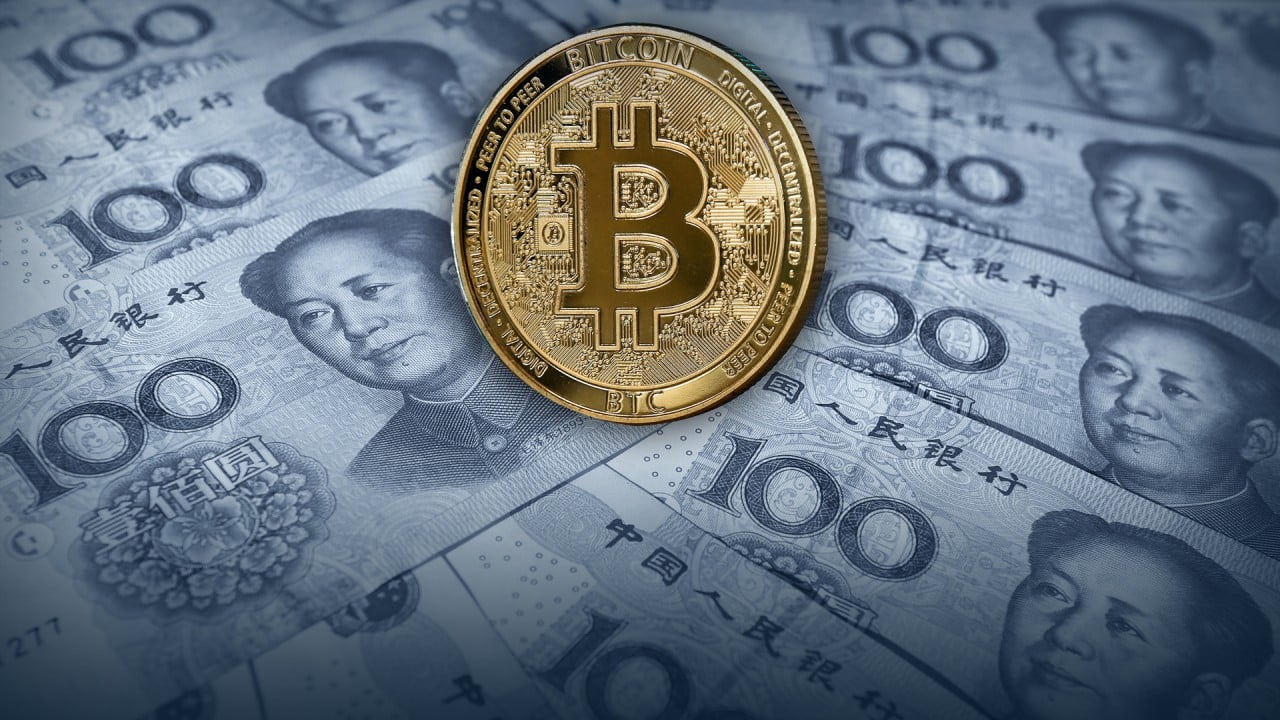
Crypto-mining Chinese official given life in prison for scheme involving bribes and support for a cryptocurrency firm
- A local court issued the sentence for the former provincial official accused of accepting bribes and hiding crypto mining that used a tenth of Fuzhou electricity
- Beijing maintains tight restrictions on cryptocurrencies in the mainland, even as Hong Kong uses new policies to attract the industry
Xiao, former vice-chairman of the Jiangxi provincial committee of the Chinese People’s Political Consultative Conference and former Communist Party chief of Fuzhou city, from 2017 to 2021 provided fiscal, capital and electricity-related support to local crypto mining firms, a violation of the country’s regulations, the Hangzhou Intermediate People’s Court said in a statement published on Tuesday.
Separately, he also accepted roughly 125 million yuan (US$17 million) in bribes between 2008 to 2021 and provided favours to some companies and individuals, the Hangzhou court said.
Chinese cryptocurrency mining firm charged with running pyramid scheme
Xiao’s actions led to heavy losses of public property and damaged national interests, constituting an “extremely serious case with extremely bad effects”, the court said, adding that all of his personal property will be confiscated.
In the programme that aired in January, Xiao’s alleged wrongdoings were laid out by state-run China Central Television (CCTV), which included helping a local cryptocurrency mining company hide activities by masquerading as a big data and cloud computing business.
Xiao instructed a local firm called Jiumu Group Genesis Technology, which the official presented as an exemplar of the local digital economy, to “put up a performance” during visits and inspections by other government officials, CCTV said.
The former official also asked relevant government departments to fabricate statistics on the firm’s heavy power usage – the result of running 160,000 crypto mining machines – which accounted for 10 per cent of Fuzhou’s total electricity consumption, according to the report.
“I’m a sinner to the people in Fuzhou, and I have failed them,” Xiao said on camera in the programme. “Because of my distorted view of political achievements … I acted recklessly, causing such grave losses.”
While new policies in Hong Kong have recently attracted attention from some crypto businesses that previously fled China, Beijing has shown no interest in easing the mainland’s strict ban on cryptocurrency trading.
The firm had “exaggerated” the economic model and investment potential of the cryptocurrency’s related distributed storage technology to boost its own Filecoin project, and it defrauded users by enticing them with high returns, prosecutors said. The case was described as a serious criminal offence that disrupts the social and economic order.


